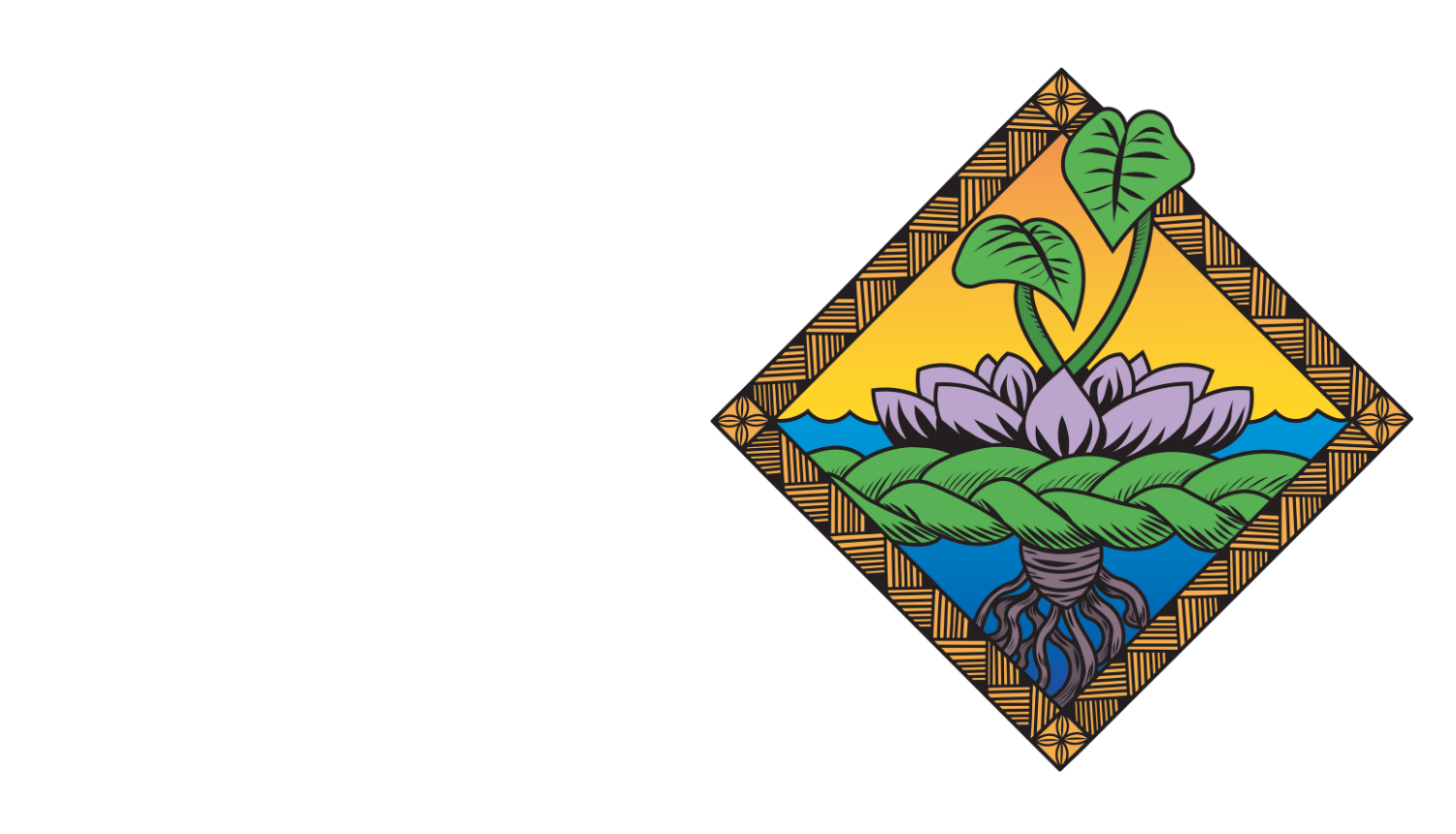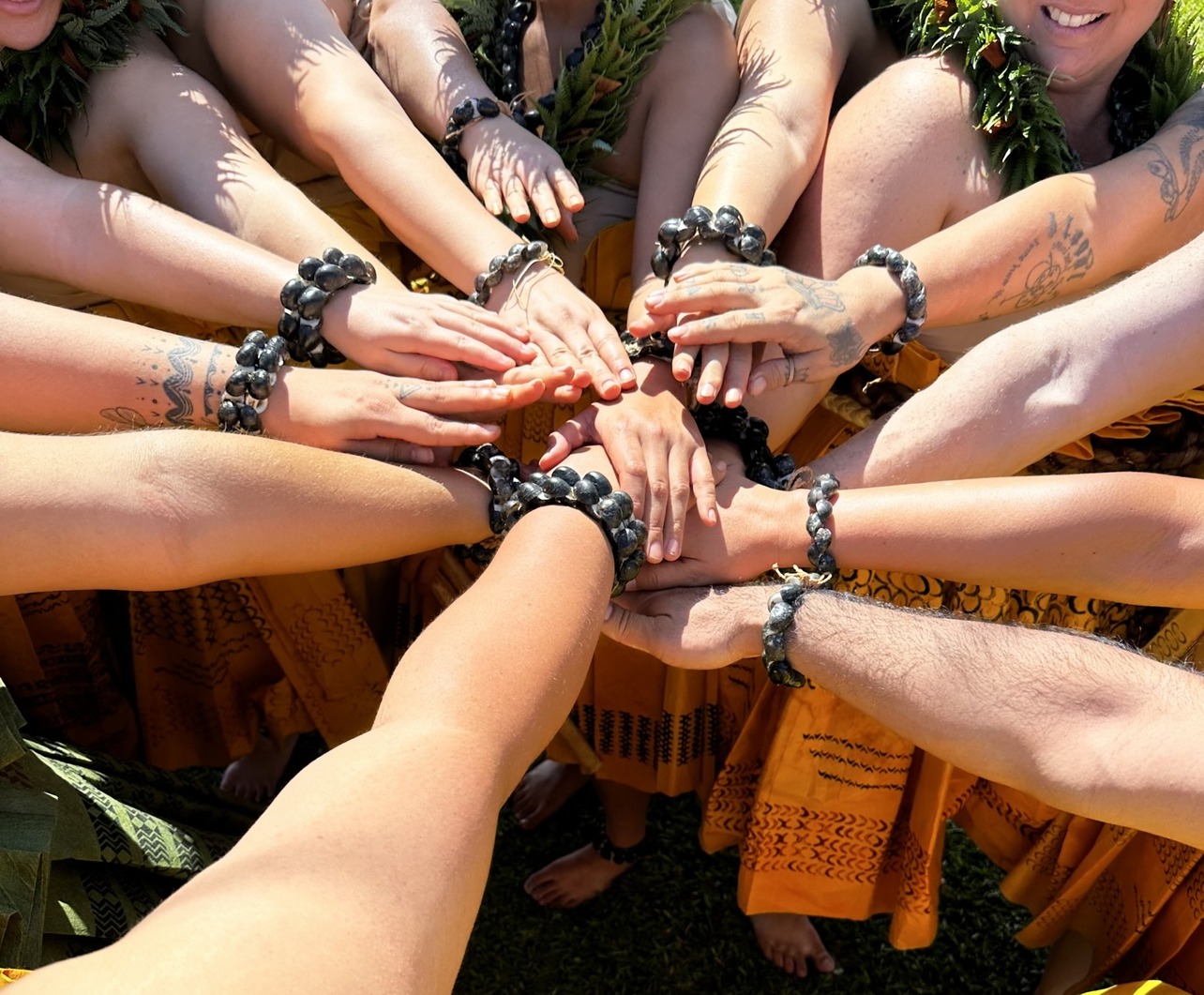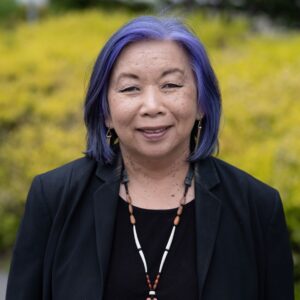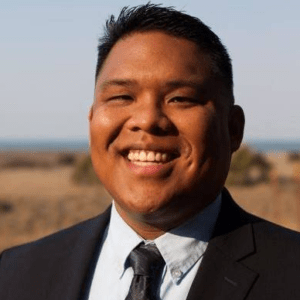‘Ohana – what is an ‘ohana?
‘Ohana, Aiga, Kainga, Kopu tangata, Magafaoa, Whanau—Family, is central to Pacific communities and is part of our Pacific people’s cultural identity. While we understand the Pacific is not monolithic, there are some cultural values like family that are shared throughout. We have chosen to use the Native Hawaiian word ‘ohana and will define family through its use. ‘Ohana is most often translated as “family, relative, kin group, or to be related to”. But it can also mean “to gather for family prayers, lineage, race, tribe, or those who dwell together and compose a family.” As we makawalu—look deeper, into this concept, we can look to the concepts and root words within ʻohana.
Native Hawaiians much like other Pacific Islanders can trace their genealogical lineage back to the birth of their islands and people. Papahānaumoku earth mother, and Wākea sky father, together birthed the islands and Hoʻohōkūkalani stars. Wākea and Hoʻohokukalani together birthed a child who was still. In their sadness, they named their child Hāloa, meaning long or eternal breath. After burying Hāloa, a plant grew from the same space where they had buried their child. This plant had heart-shaped leaves and was the first kalo (taro). Their second child was also named Hāloa in honor of his older brother. Hāloa became the first Hawaiian person, and all those descended from him were fed and sustained by the kalo, his older brother. This relationship highlights the importance of teu le vā /tauhi vā an important Pacific value that describes the ongoing cultural obligation one has to tend to, look after, or nurture our families, our villages, and our environment.
When we break down the word ‘ohana – ‘oha + na. The ‘oha refers to the corm of the kalo. Native Hawaiians view the ‘oha as the root of all. We see this linkage through the genealogical story of Papahānaumoku and Wākea. After planting, the kalo can create many keiki (children) or small offshoots, yet all are descendants of the same ‘oha. This concept illustrates that in Hawaiian and Pacific Islander thinking, it does not matter how we are related; we all descend from the same lineage and are connected. Our ʻohana includes not only those who are related by blood, but all those that we come in contact with including the animate and in-animate relationships we have with ʻāina (land), elements, rocks, trees, ʻaumakua (family spiritual guardians), akua (gods, higher power), and all animals on land, in the air, and the ocean.
For Native Hawaiians and Pacific Islanders within ‘ohana, there are no barriers; everyone should feel safe and cared for. ‘Ohana, fosters the reciprocal relationship between kānaka (people), ‘āina (land), and akua/pili ‘uhane (spirituality). We are all one ‘ohana.
“Every cloud, rainstorm, lightning flash, ti plant, and maile vine was a body form of Kane. Rainclouds, rain, lush ferns, aholehole fish and certain types of seaweed revealed the god Lono. The god Kanaloa was represented by the deep ocean depths by squid, octopus and certain kinds of seashells” (William Pila Kikuchi, “Heritage of Kaua‘i,”
—The Native Hawaiian, February 1979, Vol. 111, No. 4, page 4).
Pono Shim, a beloved Native Hawaiian cultural practitioner, and kumu shared the teachings of Aunty Pilahi Paki concerning ‘ohana, she said, “The world will turn to Hawai‘i as they search for world peace because Hawai‘i has the key… And that key is Aloha!” Pono Shim further explained that another root of the word ‘ohana, is hana. While hana is translated as “work”, and when understood through a Hawaiian and Pacific Islander lens, hana much like teu le vā /tauhi vā is the call to act or do something.
To break down the word further, ha-na, “when we ha, breathe, we na release, set free, through akahai, grace, leaving it better than you found it. ‘O refers to of or eternal/eternity. So, when we na, we unleash never-ending grace..”
“All the members of an ‘ohana, hana forever. The concept is to honor each person’s hana. We have space for people to expand, recover, discover, innovate, and improve their hana. We Honor and need each other’s hana—that’s ‘ohana”
The term ‘Ohana has been adapted by many Asian Americans living in Hawai‘i or the West Coast of continental United States as a term more fitting than the English word “family” which tends to imply a nuclear family.
Kalo Connections across the Pacific and Asia
Kalo was not native to Hawai‘i. In fact, some of the first written records of kalo came from China, around 200 BC. The first Polynesian voyagers who traversed the oceans and settled in Hawai‘i may have carried kalo plants on their double-hulled canoes to help sustain them wherever they would travel (citation).
Kalo, also known as taro is an ancient food crop first domesticated 9000 years in Asia. Historically, taro has been a subsistence crop cultivated throughout Asia, Hawai‘i, Associated Pacific Islands, and West Africa.
Photo credit: Kumu Hula Kapuaokalani “Stacey” Kaʻauʻa – Hālau Unuokeahi












